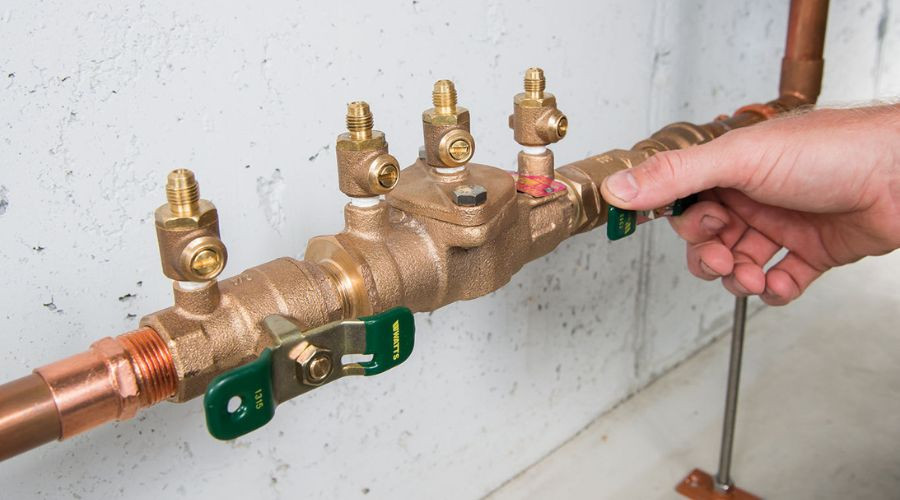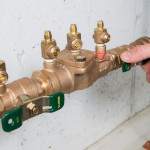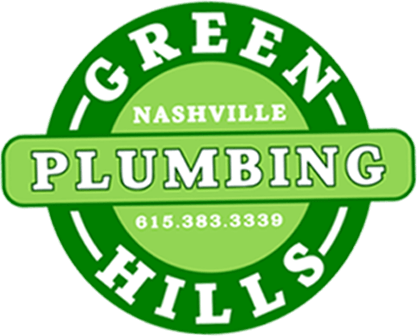Backflow Prevention
The last thing anyone wants to have at home is water supply contamination - yet that is what happens when there is backflow. While it’s not that common, backflow does occur occasionally, especially if backflow prevention devices aren’t tested, raising serious health risks that most homeowners should be concerned about. But what exactly is backflow, and why is it so essential to prevent this from happening?
Defining Backflow
Simply put, backflow is the plumbing term used for water flowing in the direction opposite its intended destination. After all, water should be moving from a clean source in only one direction - not back and forth. But there are instances wherein the necessary pressure to keep water flowing from clean sources to dirty receptacles becomes faulty, with either the source dropping pressure or the system increasing pressure. When this happens, backflow occurs, and contaminants may make their way back up to a home’s clean water supply, causing it to become compromised and unsafe for consumption.
Needless to say, backflow can cause a host of problems, from environmental pollution to the corrosion of pipes and, most seriously, the contamination of drinking water that makes it unfit for drinking, a health risk, and a potential carrier and spreader of disease. Luckily there are ways to help prevent backflow from occurring.
How to Avoid Backflow Wreaking Havoc at Home
 The risks mentioned above are why preventing backflow is crucial to maintaining a home’s plumbing system. Thankfully, all it takes is the installation of a backflow preventer that undergoes regular testing by a plumber to help prevent this plumbing emergency from occurring.
The risks mentioned above are why preventing backflow is crucial to maintaining a home’s plumbing system. Thankfully, all it takes is the installation of a backflow preventer that undergoes regular testing by a plumber to help prevent this plumbing emergency from occurring.
To achieve this, homeowners may choose an air gap or a backflow preventer valve, both of which are excellent choices when it comes to backflow prevention devices, even though they perform this task in different ways. The air gap is a backflow prevention device that creates a physical space between the water outlet and the flood level of a fixture. In contrast, the backflow preventer valve works to prevent water from flowing in the opposite direction.
The Importance of Backflow Testing
 While backflow preventers rarely malfunction, the possibility of this happening still exists, which is why most states require homes to undergo annual backflow testing to check if their backflow device is working. The backflow test is conducted by a licensed plumber, which acts as the backflow tester and works to ensure that said devices are performing as they should.
While backflow preventers rarely malfunction, the possibility of this happening still exists, which is why most states require homes to undergo annual backflow testing to check if their backflow device is working. The backflow test is conducted by a licensed plumber, which acts as the backflow tester and works to ensure that said devices are performing as they should.
This is of utmost importance because water contamination may occur without warning, and the only thing standing between a homeowner and a potential health crisis is a properly working backflow preventer. Having these devices tested regularly will give homeowners the peace of mind of knowing their water is safe.
About Green Hills Plumbing
Green Hills Plumbing is a locally owned and operated company serving Nashville and the surrounding areas. They offer 24/7 emergency service, upfront pricing, and a satisfaction guarantee. Call them today for backflow testing and certification in Nashville, TN.


























